Weaknesses: Embrace This Question Instead of Fearing It
Shazamme System User | September 2, 2025
Weaknesses: Embrace This Question Instead of Fearing It
"So, tell me about your weaknesses."
"What are your areas for improvement?"
"Describe a time you made a mistake in a previous role – how did you handle it?"
If reading those questions made your heart rate rise, you’re not alone. Many candidates feel caught off guard when asked about weaknesses during an interview. These moments can feel stressful, but they don’t have to.
With the right mindset and interview preparation, you can approach this question with confidence—and even turn it into a powerful opportunity to stand out.
Step 1: Shift Your Mindset
The nerves you feel before an interview usually come from wanting to make a great impression. That’s natural—and it’s also a good thing. Remember: if you’ve reached the interview stage, the employer already sees potential in you. They’ve reviewed your application and want to know more.
When asked about weaknesses, view it not as a trap but as an opportunity. This is your chance to show self-awareness, resilience, and the ability to reflect and improve. Employers value candidates who recognise growth areas and take proactive steps to address them—it demonstrates maturity and adaptability.
In other words, the “weakness” question isn’t about highlighting flaws. It’s about showing progress, reflection, and your drive to improve.
Step 2: Prepare Thoughtful Responses
Preparation is key. By planning ahead, you’ll avoid being flustered in the moment and can answer with clarity and confidence. Here’s a simple framework to follow:
- Start on a positive note
- Example:
“I consider myself outgoing with friends and colleagues, but in new environments, I sometimes take a little time to open up.”
- Explain the steps you’ve taken
- Example:
“To overcome this, I set myself a goal to connect with each new team member during my first week. This helps me integrate quickly and build rapport.”
- End with a positive outcome
- Example:
“I find that once I make those initial connections, I settle in quickly and return to being my naturally outgoing self.”
This approach reassures the interviewer that your weakness won’t hinder your ability to succeed—and highlights your proactive, solutions-focused mindset.
Key Tips to Keep in Mind
Choose the right type of weakness
- Technical weaknesses are often easier to improve (e.g. advanced Excel skills, public speaking) and can be a safe option.
- Personal weaknesses are valid too, but choose carefully—employers are also assessing cultural fit.
Be genuine and constructive
- Employers value authenticity. Show that you recognise areas for improvement and are actively working on them.
Stay positive
- Frame your answer with enthusiasm. Demonstrate resilience and a commitment to growth.
What to Avoid
Weaknesses critical to the role
- For example, avoid saying
“I struggle with attention to detail” if you’re applying for a data entry position.
Saying “I don’t know” or “I don’t have any”
- This signals a lack of preparation and self-awareness. Everyone has something they can improve.
Turning strengths into fake weaknesses
- Statements like
“I’m too much of a perfectionist” or
“I work too hard” can sound insincere. If it’s really a strength, present it as one.
Final Thoughts
Talking about weaknesses doesn’t have to be daunting. With the right preparation, you can approach the question with confidence, authenticity, and positivity.
Remember: the ability to recognise your weaknesses and take steps to address them is not a liability—it’s one of your greatest strengths.
So the next time you walk into an interview and the topic comes up, take a deep breath, smile, and see it for what it is: an opportunity to show your resilience, self-awareness, and commitment to growth.

















